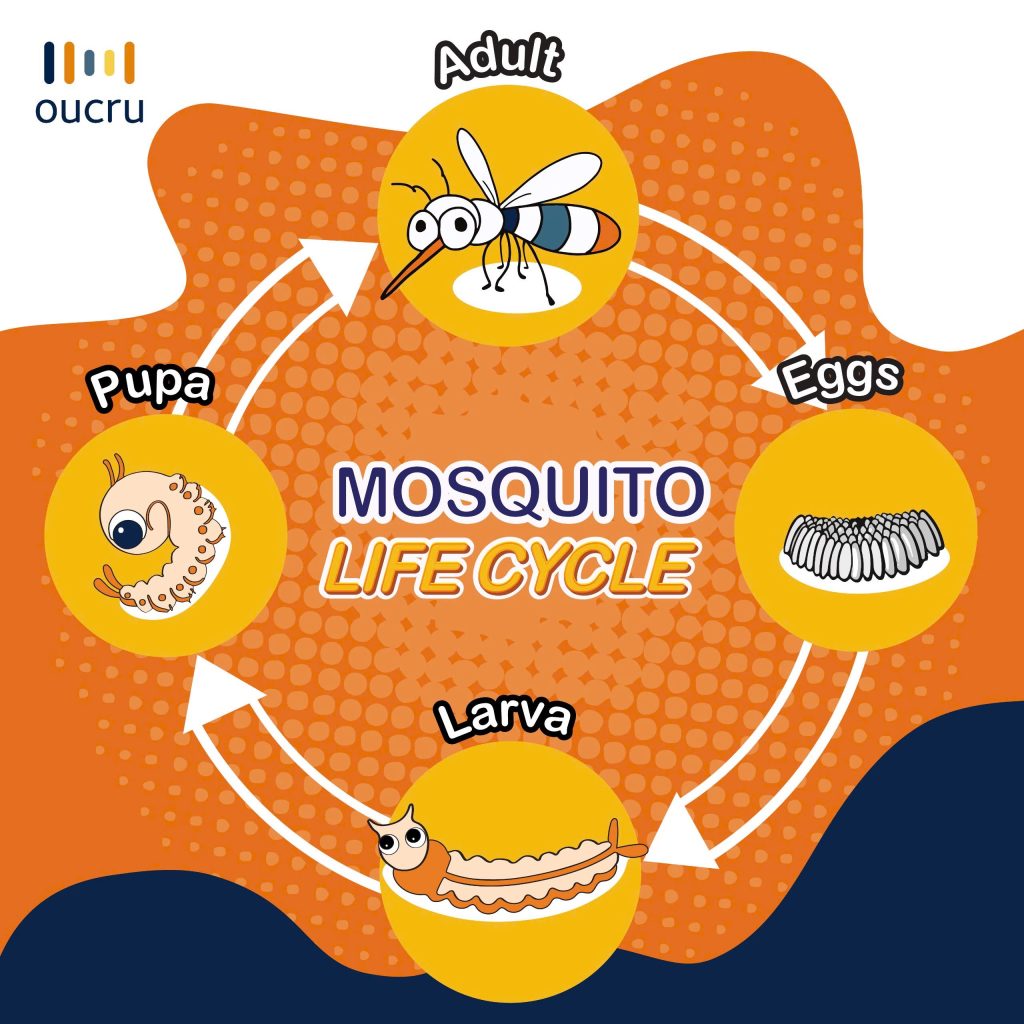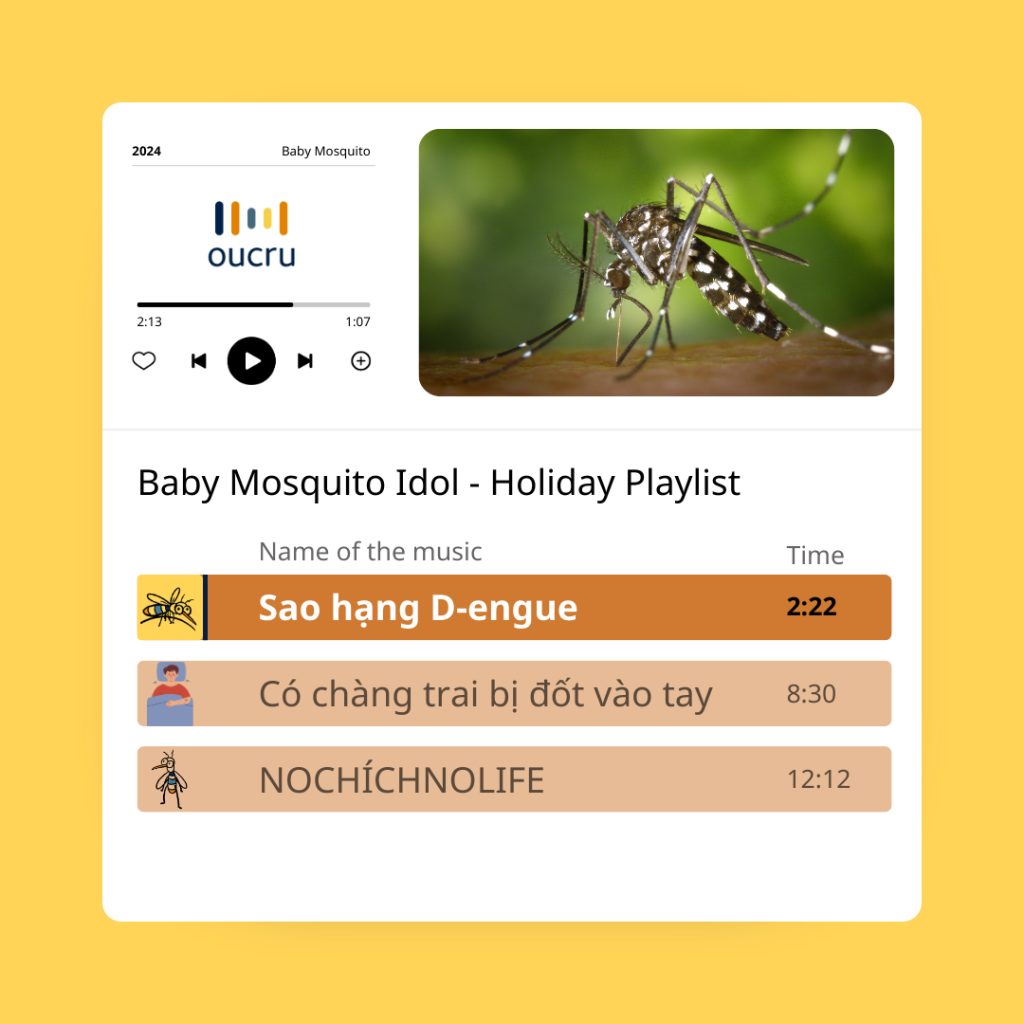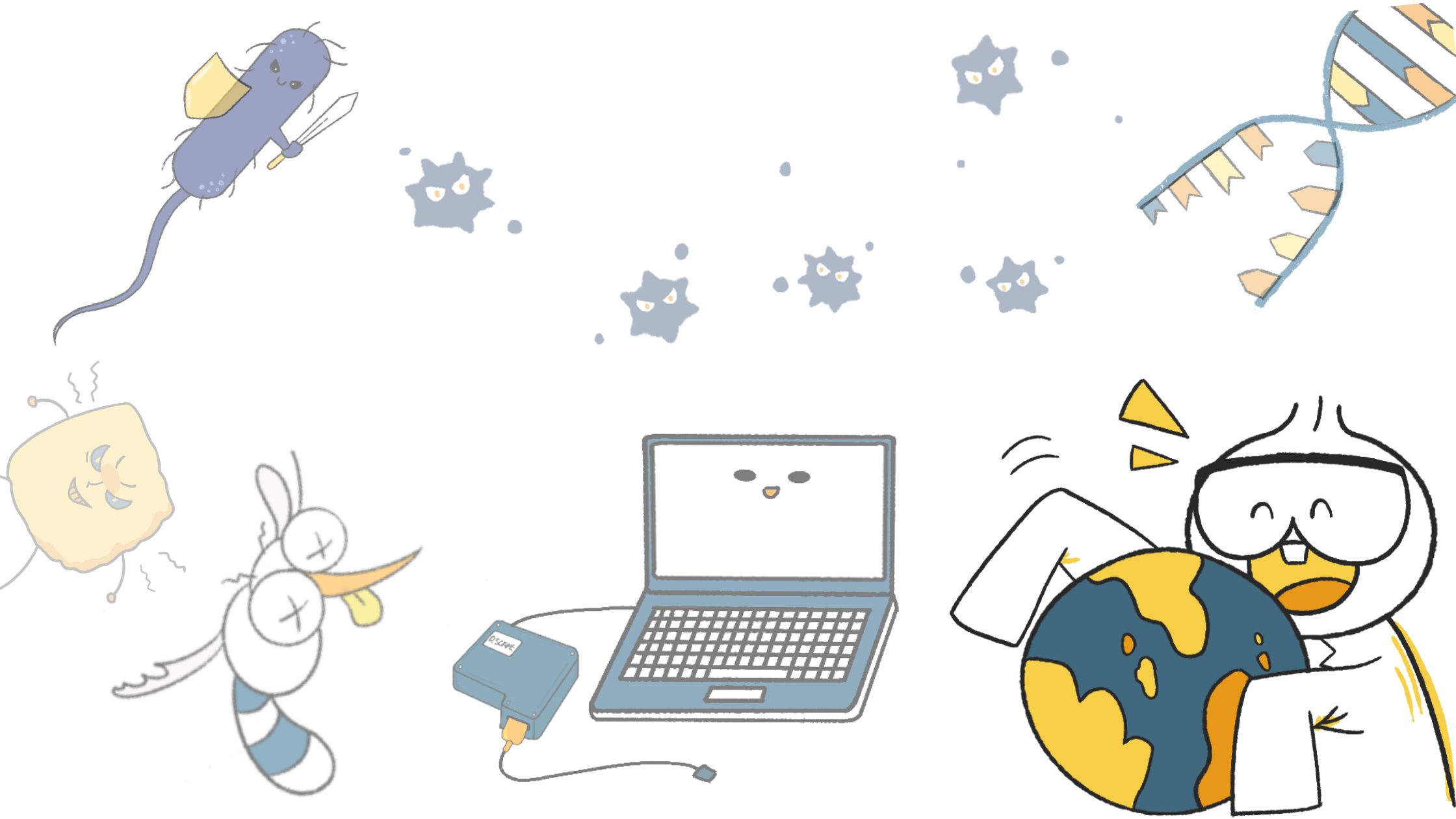Did you know that dengue fever cases have witnessed a ten-fold surge in the past two decades?(1) This tropical disease continues to be a global health situation. The fight against dengue has become increasingly complicated due to drastic changes in mosquito behavior and geographical distribution.
Traditionally, we’ve focused on preventing mosquito bites. But now, researchers are asking a crucial question: What happens when the dengue virus passes from mosquito to mosquito? Through vertical transmission — where a mother mosquito passes the virus to her offspring—could baby mosquitoes also spread dengue? If so, we’re facing a new threat and have to develop new strategies against this new enemy, baby mosquitos!
How Does the Dengue Virus Work?
Let’s first examine how the dengue virus causes disease in humans.
The Dengue virus typically persists through horizontal transmission. The virus is transmitted into human body through infected female mosquitoes (primarily Aedes aegypti and Aedes albopictus).
However, in harsh conditions—such as a lack of human hosts or extreme weather—the virus can use vertical transmission (from mother mosquitoes to baby mosquitoes) to survive.
This survival tactic could make controlling dengue even more challenging, especially with climate change. As living environments and weather conditions shift dramatically, mosquito behaviors and ranges are becoming unpredictable. Global researchers emphasise the importance of expanding our knowledge about dengue virus in general and their transmission in particularly to develop better prevention strategies and more effective, efficient public health responses.
Why Did Collab Lab Choose This Project?
While the World Health Organization lists dengue fever among the top 10 serious global health threats, Vietnam faces the alarming complicated dengue situation.(1) In recent years, we’ve faced two major dengue outbreaks, with a record 367,729 cases reported in 2022 alone, an all-time high.(2)
Collab Lab’s mission is to make scientific publications more accessible and easier to understand. We prioritize projects relevant to public health in Vietnam, including common tropical infectious diseases, mental health, and climate change.
Given that dengue remains a top public health threat, Collab Lab has decided to animate research on vertical transmission in mosquitoes. Our goal is to spread knowledge and encourage the public to take more actions to protect themselves from dengue.
Stay tuned and get ready for the first episode of Collab Lab, Season 3, featuring an entirely new production team!
Reference:
- https://www.who.int/emergencies/disease-outbreak-news/item/2023-DON498
- https://vnvc.vn/sot-xuat-huyet-tang-gap-10-lan-ca-mac-trong-2-thap-ky/
- Duong Thi Hue, K., da Silva Goncalves, D., Tran Thuy, V. et al. Wolbachia wMel strain-mediated effects on dengue virus vertical transmission from Aedes aegypti to their offspring. Parasites Vectors 16, 308 (2023). https://doi.org/10.1186/s13071-023-05921-y









